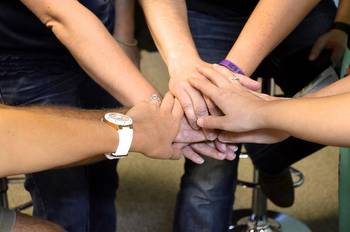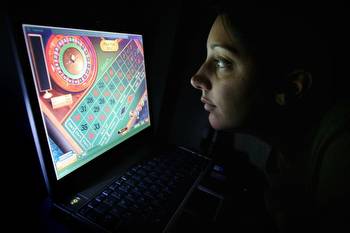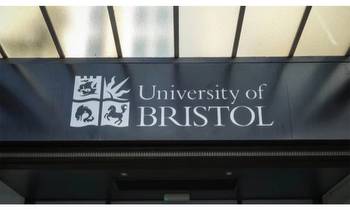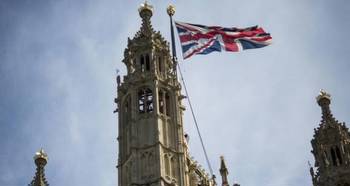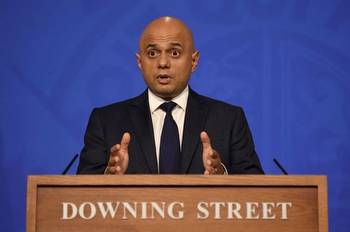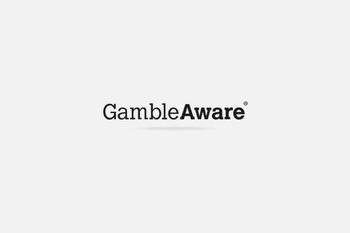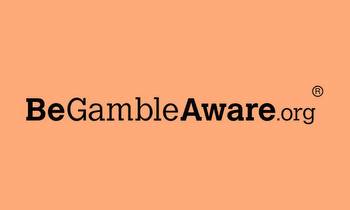May: Gambling Harms Research Centre

Led by renowned multidisciplinary research experts, the first of its kind research centre will apply a public health approach to advancing best practice research to deepen understanding and raise awareness of gambling harms.
The independent hub is funded by a grant awarded by GambleAware, following a rigorous and competitive selections process moderated by an independent panel of experts.
The Gambling Harms Research Centre (GHRC) will aim to transform research on gambling harms by bringing new disciplines into the field and building research capacity both in Britain and internationally. Spearheaded by some of the nation’s leading minds in public health, consumer research and personal finance, the GHRC is set to place Britain at the global forefront of evidence-based multidisciplinary action to prevent and reduce the negative impacts of gambling.
Recent data shows gambling is returning to pre-pandemic levels and, this, coupled with the rise of the cost of living and increase in people gambling online, means more people could be at risk of experiencing gambling harm. The first-of-its-kind academic centre is set to address the issues through cutting-edge research that will deepen understanding, raise awareness, strengthen consumer protection in physical and online environments, as well as improve support and treatment which recognises the interrelated nature of gambling issues. Pressing questions which the hub will look to address include how is gambling practiced, what initiates harmful gambling, and the role social inequalities play in exacerbating gambling harms.
Co-Director Agnes Nairn, Pro Vice-Chancellor of Global Engagement and Professor of Marketing, said:“We desperately need interdisciplinary research on a large scale to truly understand the complexities of gambling harm as a serious, current public health issue. The University of Bristol, home to world-leading research centres in Health, Innovation, Poverty, Co-production and Digital Futures, has already brought together researchers from every Faculty to be part of the new Hub. Our aim is to attract the very best international researchers from computer scientists to anthropologists to work with us on tackling this very under-researched area.”
The GHRC is an independent research hub funded by a grant of £4 million over five years from GambleAware, the leading national charity working to keep people in Britain safe from gambling harms.
Zoë Osmond, CEO of GambleAware, said: “This investment, awarded following a rigorous selection process, underlines GambleAware’s commitment to independent, world-class research to build the evidence base on gambling harm. The new Gambling Harms Research Centre is a major step forward, bringing together new and exciting methodologies with a clear focus on impact in one of the country’s top universities. We are incredibly excited by the long-term benefits that this work will bring by driving new public health approaches to reduce gambling harms for a wide range of communities.”
The new Hub will build on the University of Bristol’s strong track record of research to tackle gambling harms, which includes topics such as the impact of COVID-19 on gambling trends and harms, as well as the effects of gambling adverts and marketing on children and young people. It will champion novel interdisciplinary methodologies for gambling research, through knowledge and research integration from six faculties, spanning 26 disciplines, including: Personal finance, marketing, psychology, neuroscience, economic and human geography, engineering mathematics, and policy.
Co-Director Sharon Collard, Professor of Personal Finance and Research Director of the university’s Personal Finance Research Centre, said: “Looking ahead, our aim is to build capacity in gambling harms research across academic disciplines – at Bristol, across Britain and internationally – to bring fresh insight that can make a real difference in preventing and reducing gambling harms at a population level.”
The GHRC will work closely with several other institutes at the cutting edge of research, including the Bristol Digital Futures Institute, the Bristol Poverty Institute, and the Bristol Population Health Science Institute.
The announcement comes ahead of what is expected to be the imminent publication of the Government’s review of gambling legislation introduced under the Gambling Act 2005, as it is widely recognised regulations have not kept pace with the proliferation of online gambling opportunities, children’s increasing access to gambling products, and advertising for sport and esports betting.
Gambling Minister Chris Philp said: "I welcome this additional resource from GambleAware to help deepen our understanding and awareness of gambling-related harms.
"We are currently undertaking our own comprehensive review to ensure that the protections in place to prevent harm are right for the digital age, and we will be publishing a white paper shortly."









